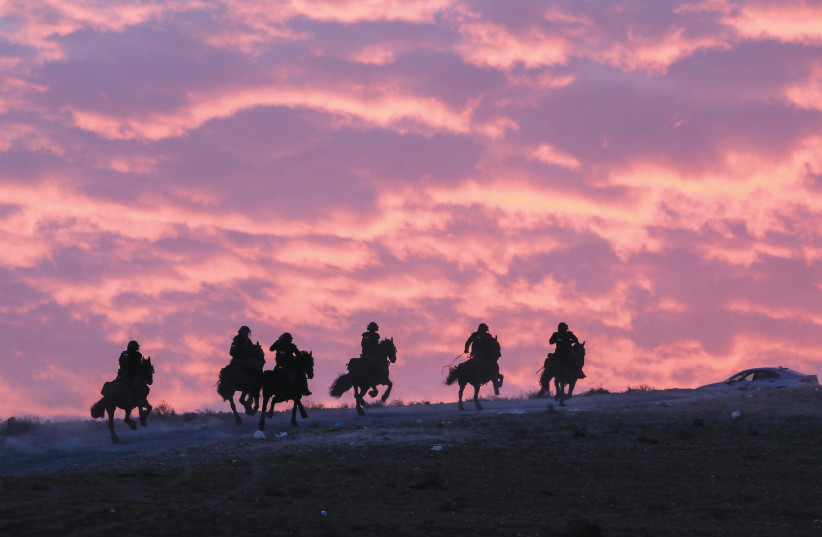Hope Is a Woman’s Name is an important book, a reflective autobiography of an exceptional woman which must have been difficult to write. Dr. Amal Elsana Alh’jooj is a Bedouin, Palestinian, Arab, Israeli, Muslim, feminist and social work academic with degrees in social work from Ben-Gurion University of the Negev and McGill University. She has a wealth of experience in innovative community development in the Negev among her own people, is an articulate and experienced speaker on Bedouin rights, and has been nominated for and received national and international awards.
Being positioned simultaneously as an insider and outsider as a girl growing up within a patriarchal tribal society and later as an educated professional navigating the beliefs of Palestinian, Muslim and Jewish Israeli groups and individuals, shows us how navigating these waters is complicated, contested and difficult but rewarding. The author demonstrates through this account of her life how she developed her understandings of her family, Bedouin society and the wider Israeli society and how her parents, colleagues, women and men involved in her NGOs and politicians and donors also changed their views over time. Culture and tradition are not static but have their own dynamic.

